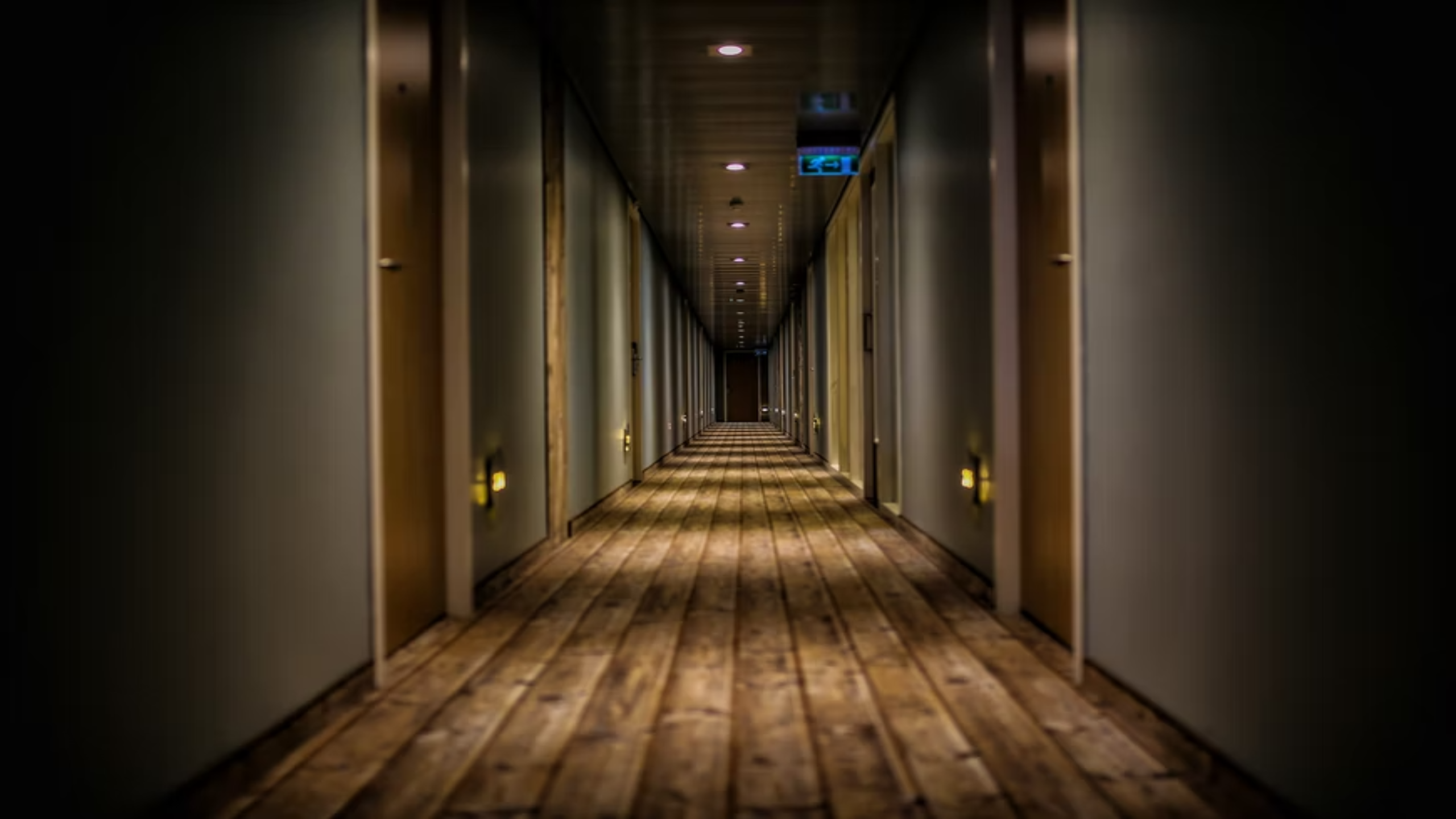Hotels are one of the most popular places for people to stay during their travels. They are also a place where security risks can be present. There are many different things that hotels do to make sure they provide a safe environment for their guests, but there is always room for improvement. The first step in mitigating hotel security risks is understanding what those risks are and how they can be avoided.
The hotel industry has seen an increase in safety and security incidents in recent years, with more than half of all incidents involving theft or robbery. This article will explore the different types of security risks that hotels face and how they have been able to reduce them in recent years through new technologies, changes to staffing practices, and other methods.
Hotels are more susceptible to crime than your home. There are several security risks that hotels face and they need to take precautions to protect their guests from harm. The hotel industry is one of the fastest-growing industries in the world and has been for several years.
It is expected that this trend will continue for many more years to come. With a growing number of travelers, new hotels are being built with greater frequency to accommodate the need. The number of hotel rooms in the United States has increased more than 20% in the last five years – with a growth rate of 2.2% per year. This is evidence that the need for hotel rooms and hotel accommodations will continue to grow in the coming years.
There are many different types of security risks that hotels face: physical break-ins, cyber-crime, financial fraud, identity theft, etc. For example, guests might steal items from the hotel room or leave without paying their bills. These crimes can result in significant losses for hotels and can also lead to a decrease in customer loyalty and reputation damage.
Types of Crime that Can Happen at a Hotel & How to Prevent Them?
The hotel industry is not immune to crime. Hotels are a prime target for criminals because they are always full of people with valuable items and cash. There are many types of crimes that can happen at a hotel. The most common ones include theft, burglary, robbery, assault, and arson. To prevent these crimes, hotel authorities have more professional responsibilities than guests. Guests can preventive by following these tips:
-Never leave your valuables in the open
-Lock all doors and windows when you leave the room
-Do not go into an elevator alone with a stranger
But, for hotel authorities, there are a lot of security and safety activities including training and practice with appropriate hotel security plans, qualified professionals, adequate tools, and regular hotel security audits and inspections.
The Importance of Regular Security Audits in Hotels
Hotels are often the target of a variety of attacks. These criminals commonly try to exploit the hotel’s security system to gain access to guests’ personal information and valuables. They can also act as a distraction for the staff of the establishment, who may have their attention drawn away from other areas of vulnerability, such as overworked and underpaid employees. It is very important to have regular security audits and inspections to keep a hotel safe. This helps identify any vulnerabilities in the system and take steps to fix them before they become a problem.
What is the main concern among travelers regarding their stay?
The main concern among travelers is the safety of their hotel rooms. They are concerned about the security and safety of their belongings while staying in a hotel. The famous hotel industry has taken note of these concerns and has taken adequate steps to ensure that this is not an issue. They also have invested in new security technologies to help them protect guests from theft, damage, and other threats. But Midlevel and small hotels have no necessary knowledge, concerns, or initiatives regarding hotel security policies. They should care about it seriously.


